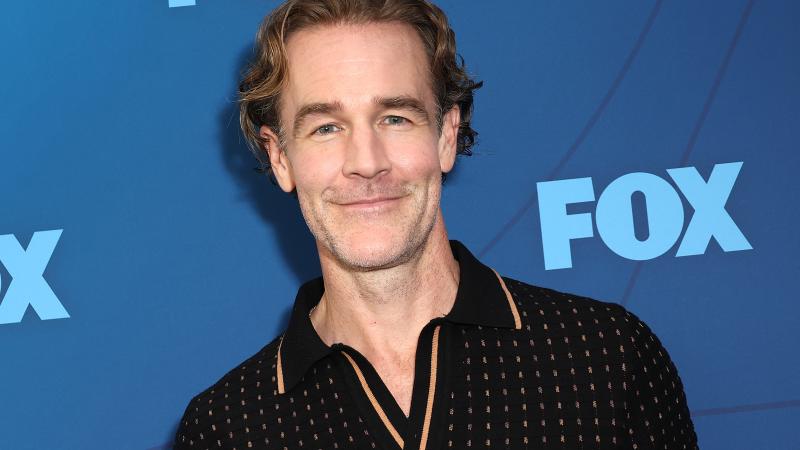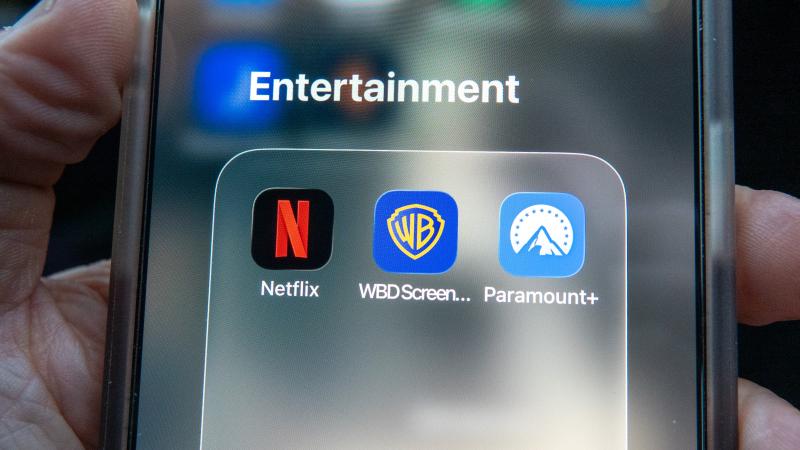'Maverick' soars, 'Lightyear' limps, as summer movie box office reflects culture wars
Cruise sequel that took 36 years to complete proudly displays diverse cast but doesn't lecture about gender inequities, Military Industrial Complex
The folks who parrot the "Get woke, go broke" line have a point this summer.
The box office results for two of the year's most anticipated films took dramatically different directions thanks, in part, to the culture wars.
"Top Gun: Maverick," the Tom Cruise sequel that took 36 years to reach movie screens, recently crossed the $1 billion mark worldwide. "Lightyear," spun from Pixar's madly popular "Toy Story" series, is limping along like a generic kiddie ‘toon.
A closer look at the films reveals some unavoidable truths about the marketplace.
Yes, audiences have yet to tire of Cruise, who turns 60 this month, and "Top Gun" remains one of the 1980s' most beloved films. The raucous reception for the sequel doesn't capture the full story.
"Maverick" is a throwback to another era, a time when Hollywood celebrated America's military might and quest for excellence. The film proudly displays a diverse cast but doesn't lecture about gender inequities or the Military Industrial Complex.
It puts the story, and those soaring aerial sequences, front and center. "Maverick" feels like it could have been released in 1988, and no one would blink an eye.
"Lightyear," in sharp contrast, is very much a 2022 product. The film focuses on the cinematic story that inspired the Buzz Lightyear figure from four "Toy Story" films. It's a confusing way to extend the series, made worse by dropping the voice of Buzz for another star.
Tim Allen's wisecracking Lightyear gave way to Chris Evans of "Avengers" fame. Allen fans, who remember how ABC mysteriously canceled his popular "Last Man Standing" sitcom in 2017, wondered if Allen's conservative leanings played a role in his dismissal.
Evans burns plenty of calories for progressive causes, including recent support for the National Network of Abortion Funds.
Disney owns Pixar, and the Mouse House is increasingly progressive in its public statements and content. That includes an upcoming Disney+ series featuring a trans male who menstruates.
Plus, "Lightyear" inserted a same-sex kiss into the narrative, a plot point the filmmakers said was in direct response to Florida's erroneously dubbed "Don't Say Gay" bill designed to protect young children away from sexual content.
Two other summer releases suggest similar culture war fallout. "Elvis," director Baz Luhrmann's ode to the King of Rock, scored a solid $31 million in its opening weekend. The film showcases Elvis Presley's admiration for black musicians without framing that influence as exploitative cultural appropriation.
Meanwhile, a highly touted horror movie, "Men," struggled to find an audience with a $7.5 million haul. Director Alex Garland's film follows a woman haunted by the death of her husband. The title alone suggested a feminist spin on the genre. The narrative doubled down on that suspicion, featuring several male characters eager to punish the heroine, played by Jessie Buckley.
For comparison, "The Black Phone," another original horror yarn, earned a whopping $23.6 million in its first week alone.
The Facts Inside Our Reporter's Notebook
Links
- crossed the $1 billion mark
- limping along
- ABC mysteriously canceled his popular "Last Man Standing" sitcom in 2017
- recent support for the National Network of Abortion Funds.
- progressive in its public statements and content.
- a trans male who menstruates
- direct response to Florida's erroneously dubbed "Don't Say Gay" bill
















